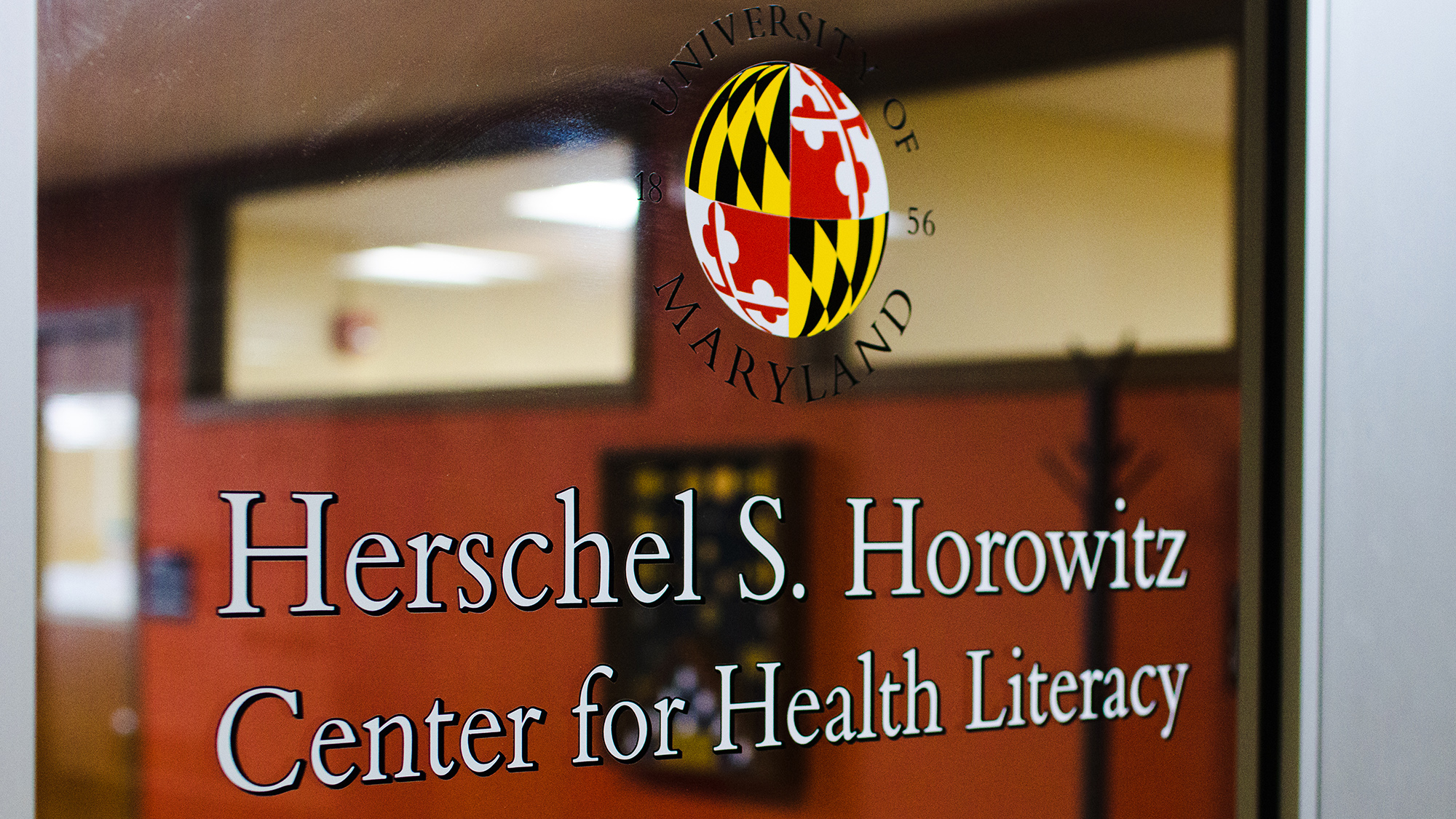University of Maryland researchers from the Horowitz Center for Health Literacy are leading a project, “Lifting All Voices,” to educate health workers and reduce language barriers for non-English speakers in Frederick, Maryland.
Leah Richey, the project coordinator, said the project intends to improve personal and organizational health literacy in communities. Over the last decade, Frederick has become more diverse, she said, which resulted in more community involvement and increased language barriers and health disparities.
The project partnered with the Asian American Center of Frederick, the Frederick County Health Department and the Health Care Coalition.
“There’s really great community involvement in terms of being aware of health issues and disparities,” Richey said.
She added that the organizations are working together to identify underserved populations who experience language barriers and cultural expectations that affect access to health services and information, especially COVID-19 information.
“The larger goal of our project is to create a strong infrastructure and build those relationships between the communities and the organizations in the administration in Frederick,” Richey said, adding that community health workers are eager to educate people about their communities and health information needs.
Richey said as a part of a higher education institution, it’s their job to teach people to think critically and to take on different perspectives. She said people miss out on important health-related information, so they need to distinguish between truth and misinformation.
[UMD researchers partner with Google to create virtual reality police training]
Dr. Cynthia Baur, the director of the Horowitz Center, said health literacy is at the heart of making everyday health decisions. It’s also about how systems are organized for people, she added.
Baur said the pandemic has shown public health is fast-paced, and there’s a lot of factors to be considered by health professionals.
Communication has to be an integral part of a professional’s work, she added, because they have to practice clear communication techniques with individual patients and entire communities.
“Our project in Frederick is a great example of that because what we’re trying to do is really bake health literacy activities into the everyday life of the city,” she said.
At the Horowitz Center, Baur said they use the federal plain language guidelines, which helps professionals simplify their language for everyday people and understand their audiences.
The center also uses a tool Baur helped create at the Centers for Disease Control and Prevention, called the Clear Communication Index. It’s a set of questions and criteria to help people design information in a way that will make it more accessible, she added.
Baur said the vision of health literacy is to help people build their knowledge and skills in time.
“We make organizations more responsive to people over time,” she said. “If we can do that, then I think health literacy is doing its job.”
[UMD professor awarded $20k grant for research on gardening, mental health]
The project’s program coordinator, Anna Shao, emphasized that personal health literacy and organizational health literacy are two different concepts.
The personal level is rooted in one’s ability to understand and use health information to make decisions for themselves, while the organizational side focuses on how organizations improve accessibility and understanding of health related information, she said.
“It’s like, ‘No, let’s try and fix the system so that it’s easy for everyone to use, and to find and to understand the information and services they need to be healthy,’” she said.
Shao said she hopes they’ll have improved health outcomes for vulnerable populations within the next few years.
“Hopefully [the project will] be a model for doing it across the country, showing that health literacy interventions do work and are valuable and that it’s worth it for the government and for hospitals across the board,” Shao said. “It’s worth the investment.”



